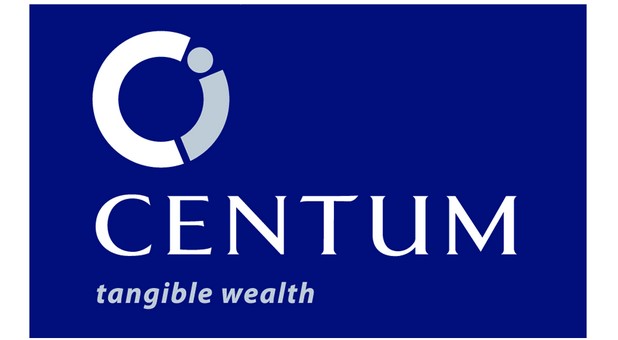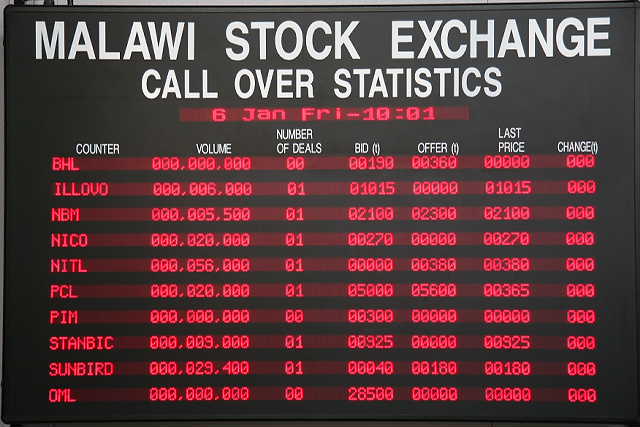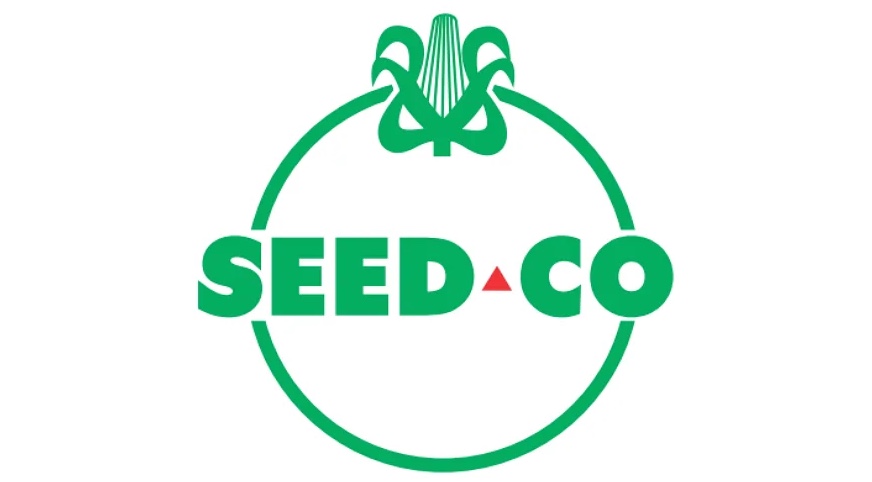
“It’s tricky to analyse the Jatu share pattern at the moment to establish if the price prop up is driven by demand. If the firm had to go through the IPO, the level of subscription could establish if the price is demand driven or not,” Mr Muhingo said.
He, however said, “Let’s observe the pattern in a week or so, then we will be in position to analyse Jatu’s trend.” Jatu is the small listed firm in terms of market capitalisation of 1.08bn/-.
Before its listing, TaTepa was the smallest with 2.24bn/- and MuCoBa with 3.26bn/-. TBL is the largest in terms of market cap at 3.216tri/-.
Jatu, initiated by a group of youth in a quest to create their own jobs, has become the first agri-based firm to list on DSE.
The agricultural based start-up company at its nascent stage has already created some 10,600 jobs and is the latest entrant to the bourse after almost two years.
The DSE registered Jatu which has posted a total of 2,164,349 shares in the market at a price of 420/-.
Since the company deals with empowering Tanzanians in the agriculture sector, and improving the value chain in the sector, registering on the DSE would now be able to turn small scale farmers into investors by buying shares.
Jatu is involved in mainly four activities, agricultural activities, industrial activities, networking marketing, and packaging and sales.
According to extracts in the Memorandum of Information (MoI), revenue has been doubling since 2017, displaying a very sharp growth by the company.
“One of the challenges raised by Jatu in the MoI is the lack of capital to undertake various projects, which is odd since the company is not raising any new capital from the market but rather listing existing shares to provide an exit mechanism for some of existing shareholders and allow new entrants,” Orbit Securities said in its Synopsis, a weekly market report.
Board Chairman of Jatu, Dr Zaipuna Yonah, argued that for Jatu, being registered on the DSE provides answers to challenges that have been a hindrance in making agriculture a saviour to Tanzanians by lifting their individual economies, and thus eradicating poverty.
Some of those challenges include worries over investing in agricultural activities run by small scale farmers who most of them can’t be loaned.
Another challenge was lack of capital, whereby small scale farmers were unable to invest due to lack of capital to venture into commercial farming for lacking modern tools.










Comments